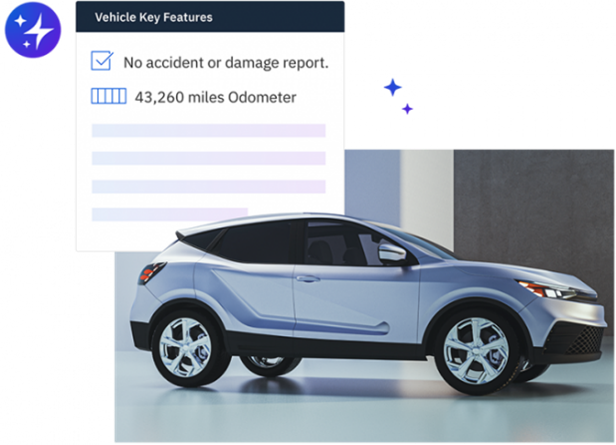3 Techniques to Help You Identify Customers Ready to Buy

Article Highlights:
- Attracting a new customer costs at least 5 times more than retaining one.
- Successful dealerships have a steady stream of returning customers.
Research states that it costs at least five times more to attract a new customer than it does to keep one (Harvard Business Review, 2014). That’s not surprising, given the cost of advertising and how the Internet has changed the way people research and buy their future vehicles.
The most successful dealerships have a steady stream of returning customers. They are able to identify which customers are ready to buy, often before customers even realize it themselves. Here are three techniques you can use to help you identify customers who are ready to buy their next vehicle.
1. Know when customers are in for service.
Make a habit of checking the service schedule each day so you know when your previous buyers are coming in. Give them a call a couple days ahead of time and offer them a chance to test drive the latest model while they wait for their vehicle to be serviced. Better yet, take a look at their service history. If they have visited your service drive regularly over the past four years, they are more likely to buy from your dealership again, according to a DMEAutomotive study.
2. Watch for declined service.
Talk to your service department and keep an eye out for those times customers decline recommended service, especially higher cost repairs. They may be more likely to entertain the idea of a new vehicle that won’t need costly repairs instead of spending the money on an older vehicle that’s likely to be back in the shop a few months later.
3. Track customers’ equity positions.
It’s no secret customers further in their term with positive equity are more likely than others ready to buy their next vehicle. However, many probably don’t keep track of their equity position or realize how easy it is to get into a newer vehicle at the same monthly payment. Use available technology and the data in your CRM system to help you track your customers’ equity positions. Don’t have time to keep an eye on all of your customers? Use that service schedule from my first tip as a starting point. If you have FOCUS and XtreamService, you can create and run targeted campaigns to customers likely to buy regardless of — or in spite of — their equity position.
Conclusion
At the end of the day, knowing when your customers are ready to buy their next vehicle comes down to being familiar with your customer base and using the proper tools to your advantage. Your service drive is a great place to find customers who are in a position to buy their next vehicle but may not necessarily realize it. For tips on how to best approach customers in your service drive, check out this article by Reynolds Consultant Matt Clark.
Related Articles:

The Future of Variable Ops with Experts at NADA 2025
Explore how AI is transforming variable operations in automotive retailing with insights from NADA 2025. Learn about efficiency, profitability, and fraud prevention from industry leaders.

Decision made regarding the Vehicle Shopping Rule – now what?
Check out five key takeaways from the Vehicle Shopping Rule to keep your dealership safe from FTC enforcement actions.

3 Ways AI Can Elevate Your Dealership’s Online Inventory
On average, Americans are exposed to between 4,000 and 10,000 advertisements every day. From commercials on TV to billboards on your way to work, all…

The Pizza Playbook – What Ordering Pizza Teaches Us About F&I
For as long as I can remember, my family had “pizza night” every week. Without fail, every Friday evening we’d all gather around the computer…















